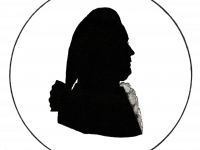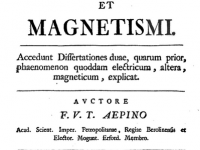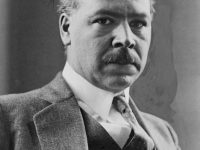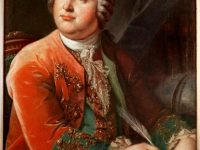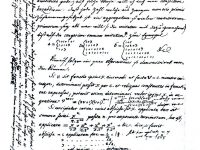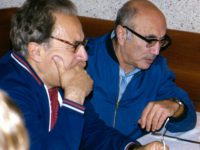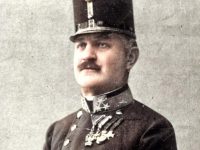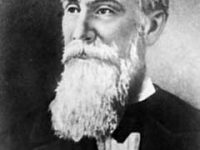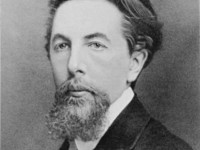The Celestial Mechanics of Anders Johan Lexell
On December 24, 1740, Finnish-Swedish astronomer, mathematician, and physicist Anders Johan Lexell was born. Lexell made important discoveries in polygonometry and celestial mechanics; the latter led to a comet named in his honour. La Grande Encyclopédie states that he was the prominent mathematician of his time who contributed to spherical trigonometry with new and interesting solutions, which he took as a basis for his research of comet and planet motion. His name…
Read more

